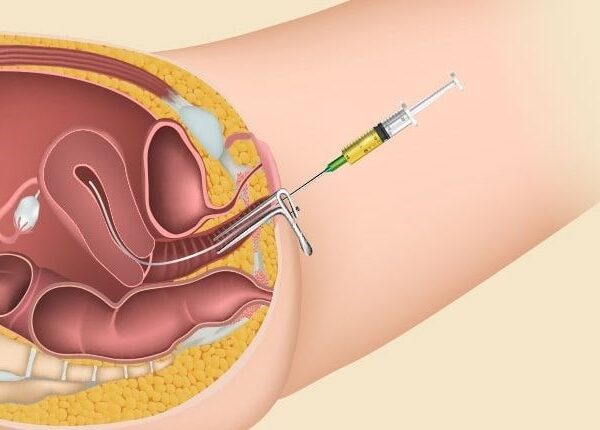Metabolism is the rate at which your body converts nutrients into usable energy. You can’t live without your metabolism since it allows you to take in oxygen, process food, pump blood throughout your body, regulate body temperature, and respond to changes in climate. And some other supplements can help you out, such as the best metabolism booster and many more.
The idea that speeding up one’s metabolism can aid in weight reduction is widely held. However, there are more unfounded claims than effective methods for speeding up the metabolism. Certain urban legends can harm. You may overeat if you mistakenly believe you burn more calories than you do.
Latest Developments In The Metabolism Boosters:
Intense cardio activity, like bicycling or swimming, does increase calorie burn. You’ll keep burning more calories for as long as you exercise. You may continue to burn some more calories for another hour or two, but otherwise, exercise has no further consequences. Your metabolic rate will return to resting as soon as you stop moving.
Consider working out and refueling with nutritious meals as preventative medicine. Working out shouldn’t be used as an excuse to consume excessive sugary or alcoholic beverages. Building muscle increases caloric expenditure. So, if you want a faster metabolism, why not bulk up?
Guidelines To Follow Before Taking Metabolism Boosters:
Despite popular belief, little scientific evidence suggests that eating many small meals each day may speed up your metabolism. You may avoid feeling too hungry and bingeing if you eat small, frequent meals throughout the day.
While getting a good night’s sleep won’t speed up your metabolism, losing sleep will cause you to gain weight. Individuals who don’t get enough sleep often eat more than they need to compensate for their fatigue. Schedule your day so that you can get a sufficient amount of sleep. If you’re having difficulties drifting off to dreamland, it may help to find methods to relax in the hours leading up to tonight. If self-care measures to improve your sleep are unsuccessful, it may be time to see a doctor.
Though our metabolism may slow down from our younger years, a significant contributor to weight gain in the middle years is a general lack of physical activity. We put off working out because of our busy schedules. We lose muscle and acquire fat when we don’t move much.
Conclusion:
Your ability to control your eating habits may decline as you age. Younger individuals generally eat less in the hours after a meal since their metabolisms are still relatively slow. People’s innate ability to regulate their food intake seems to decline with age. The costs of many large dinners may mount up rapidly if you’re not careful.
Your metabolism cannot be “reset,” but it may be increased by healthy lifestyle choices such as a healthier diet, more vigorous exercise, and more rest.





